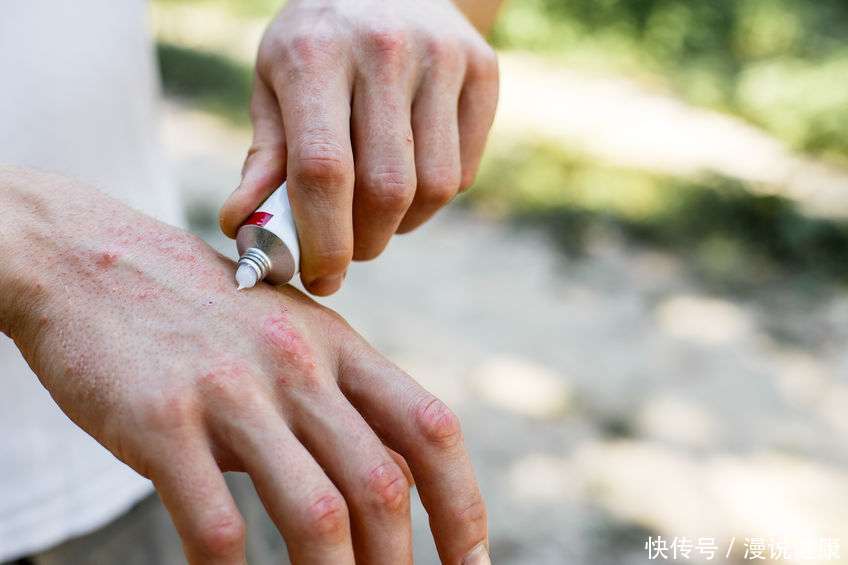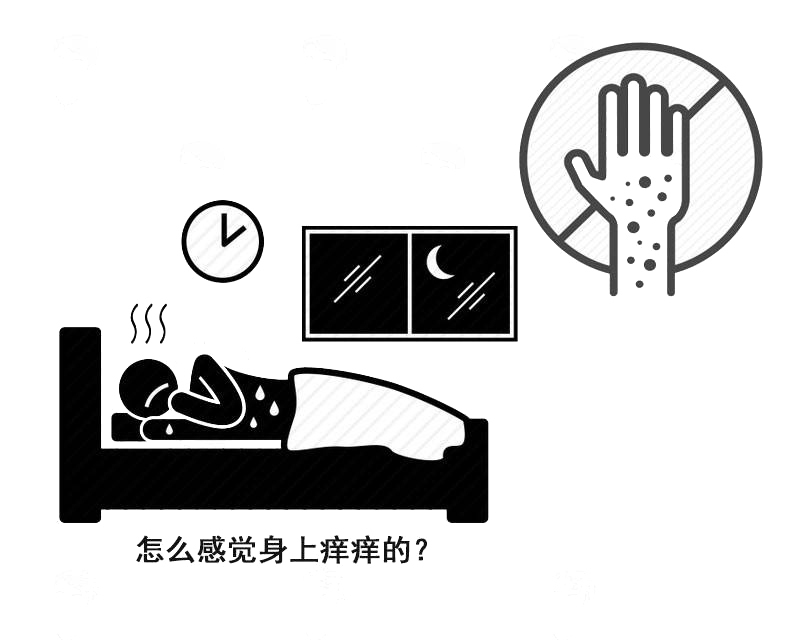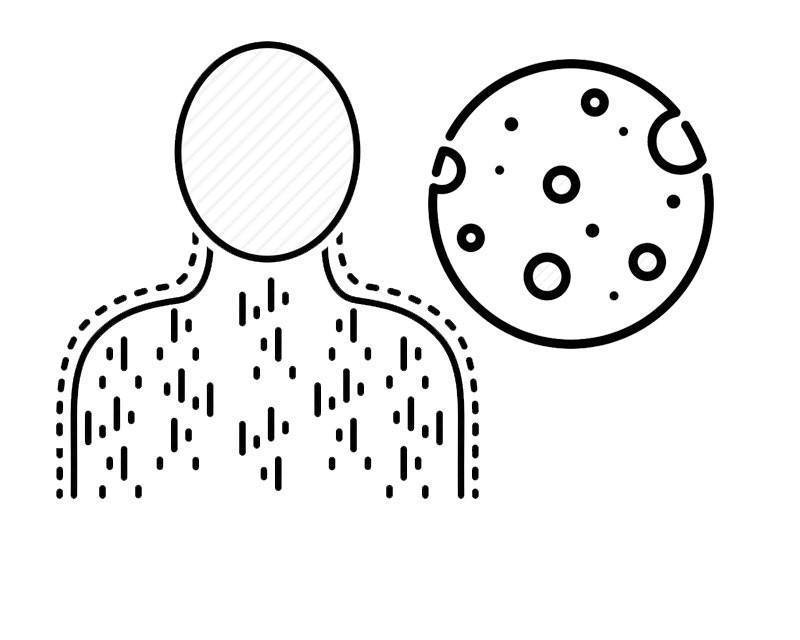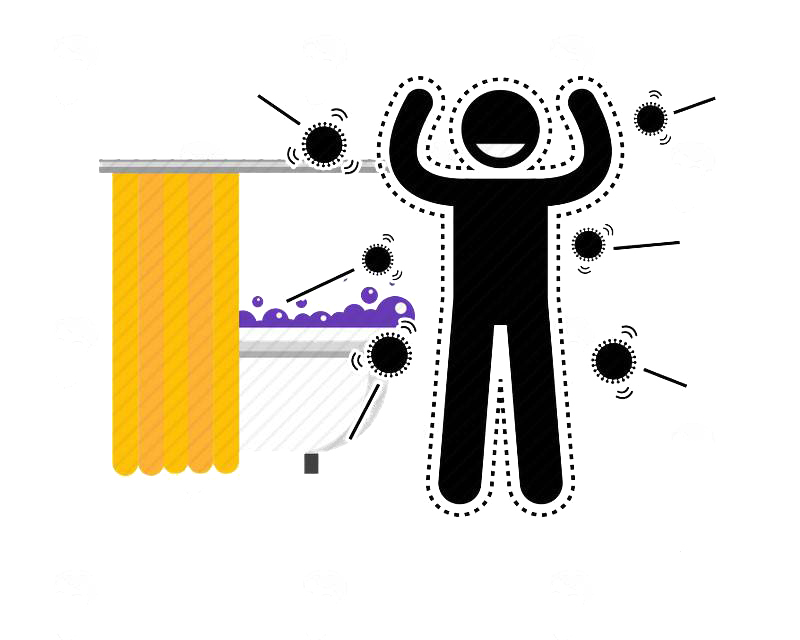What is a non-fatal but annoying chronic disease?
Many people will think of—-Hives!
As a very common skin disease in life, urticaria is also commonly known as “wind pimples”, which is a typical allergic skin disease.
Once suffering from urticaria, the patient will have scattered or patchy wheals all over the body, edematous bumps on the skin surface, showing red, pale or complexion, and accompanied by generalized itching.
According to the data, About 15%-20% of people have at least one episode of urticaria in their lifetime, which is equivalent to 15-20 people in every 100 people will suffer from the disease in their lifetime< /strong>.

Is this skin disease life-threatening?
Usually, the most common symptom of urticaria is itching of the skin. At the same time, the wheal subsides naturally after a few minutes or hours, and the skin returns to normal.
However, some patients with acute urticaria may also experience symptoms such as fever, nausea, vomiting, abdominal pain, diarrhea, blood in the stool, throat infarction, and joint pain.
Once it becomes severe, severe cases such as laryngoedema, bronchospasm, anaphylactic shock may occur, and the disease develops rapidly and has an acute onset. If the rescue is not timely, it may be fatal worry.

How did hives come from?
Actually, the etiology of urticaria is complex, and about 3/4 of patients cannot find the cause, especially chronic urticaria.
Common causes may exist:
Cause 1: Food allergy
The most common cause of urticaria is food allergy Yes, allergic urticaria is often caused by eating seafood such as fish and shrimp.
But everyone’s physique is different, and the allergens are also different. Some people smell the fragrance of flowers, or spring catkins, spices, etc., which may be the allergens that cause allergic urticaria.
Reason 2: Drugs
In addition to food factors, drug factors can also easily cause allergic urticaria, the more common ones are penicillin, aspirin and other drugs .
These drugs stimulate mast cells in the body, and histamine is released in large quantities, which can easily lead to urticaria.

Reason 3: Physical stimulation
When the skin is physically stimulated, skin damage may occur, resulting in decreased skin immunity.
At this time, the risk of urticaria will increase. Common physical stimuli include sunburn, excessive friction, and severe freezing.
Reason 4: Infection
The urticaria caused by infection is mainly caused by some viral or bacterial or parasitic infections.
The most common virus is hepatitis virus, and the most common bacteria causing urticaria is Staphylococcus aureus. In addition, some Parasites, such as roundworms, can also cause hives.
These sources of infection may exist in the clothes you usually wear or the blankets you don’t wash for a long time. You should pay attention to maintaining your personal hygiene in your daily life.

What is the best medicine for urticaria?
Antihistamines are the most common and effective drugs for treating urticaria, and are effective for most people, both acute and chronic.
The first-generation antihistamines are more effective in treating urticaria, but they contain adverse reactions such as central sedation. , should be used as appropriate.
In addition, antihistamines can also be used in combination with other drugs for better results.
Usually, chronic urticaria patients need to be used together with glucocorticoids and immunosuppressive drugs, while acute patients need to be treated with vitamin C drugs for better results.

When should glucocorticoid therapy be required?
When patients with urticaria are seriously ill, or the effect of conventional treatment is not obvious, glucocorticoid treatment is often required at this time.
In the event of severe conditions such as laryngeal edema and anaphylactic shock, glucocorticoid therapy must be taken immediately, otherwise it will be life-threatening.
However, considering that glucocorticoid therapy may cause side effects such as weight gain, elevated blood sugar, elevated blood pressure, gastrointestinal ulcers, and gastrointestinal bleeding in very few patients, it needs to be used rationally under the guidance of doctors.
